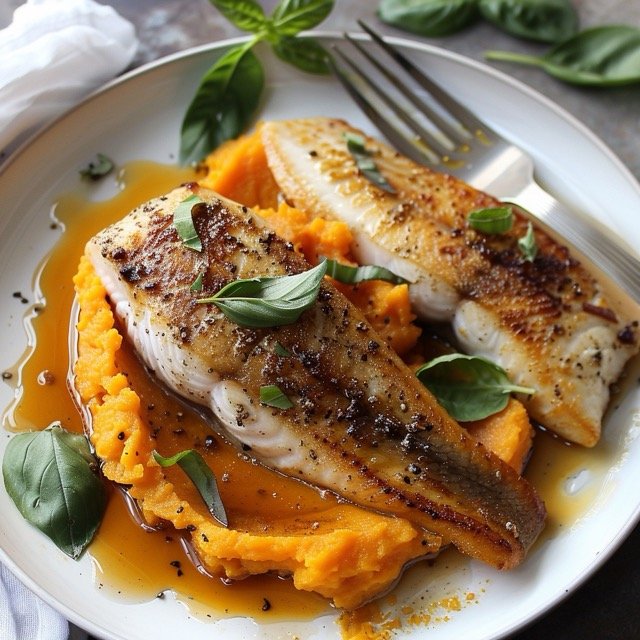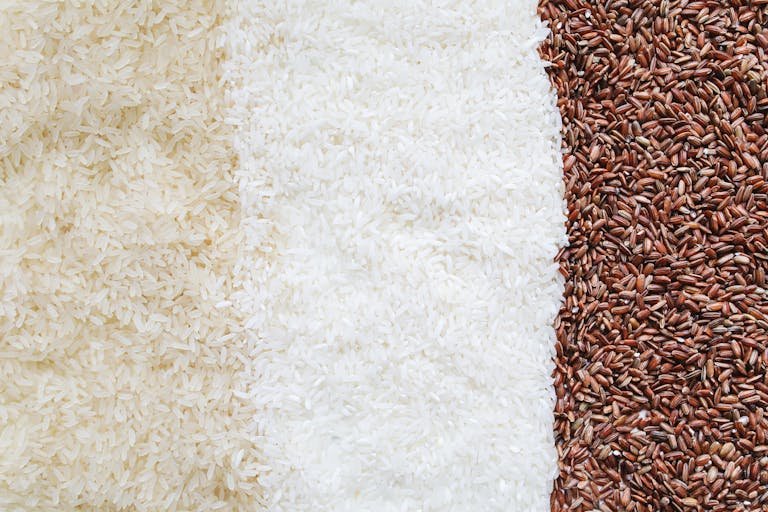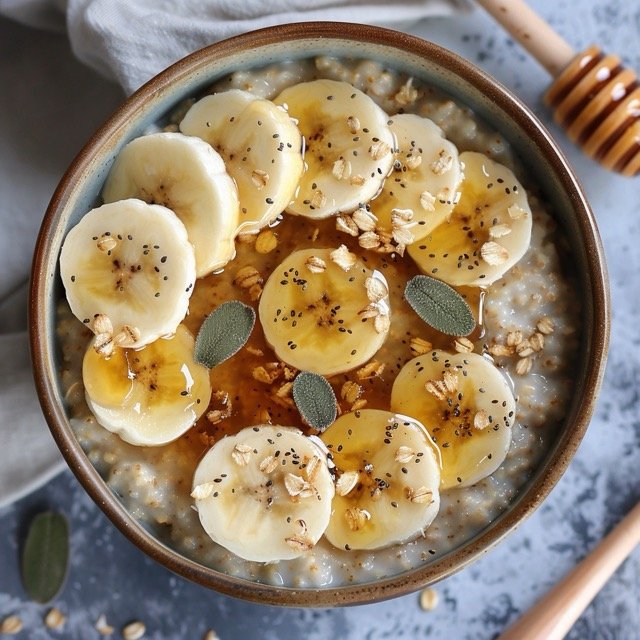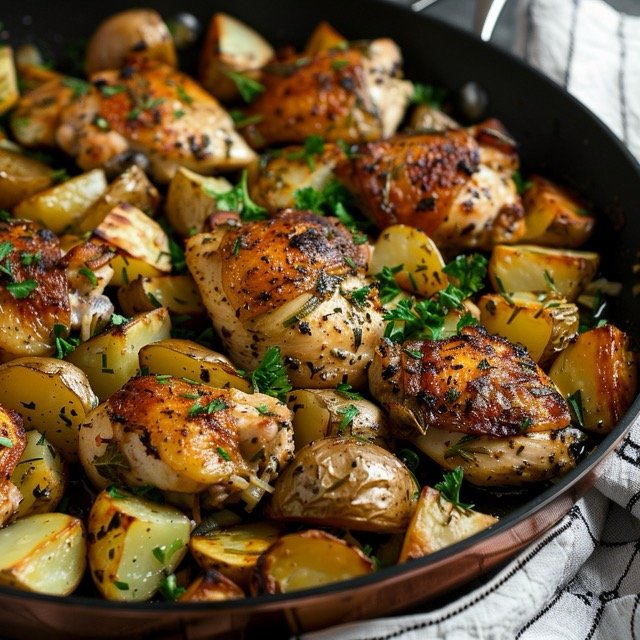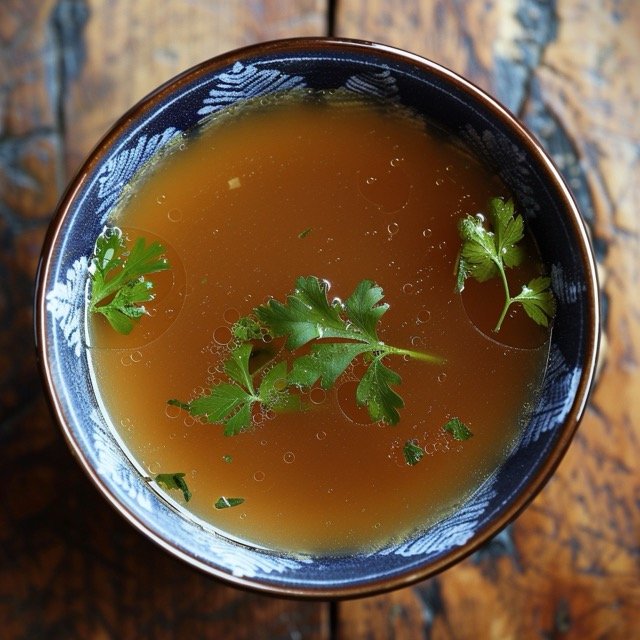High-Protein Meal Plan: Your Comprehensive Guide to Healthy Eating
In the world of nutrition and fitness, the high-protein meal plan has gained significant attention and popularity. But what exactly is a high-protein meal plan, and why should you consider incorporating it into your daily routine?
This article will explore the benefits of a high-protein diet, provide practical examples of how to implement it, and offer insights into why this dietary approach is essential for overall health and wellness. A high-protein meal plan can be a game-changer whether you’re an athlete looking to enhance performance or someone aiming to improve their diet.
The Importance of Protein in Your Diet
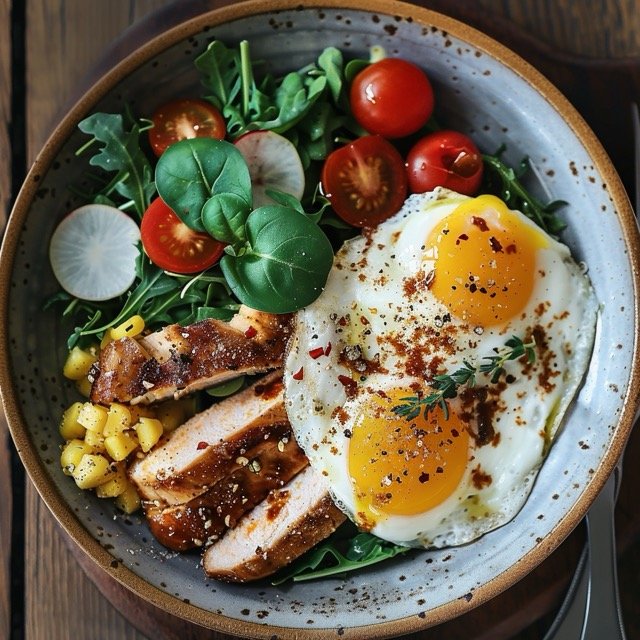
Protein is a crucial macronutrient that is vital in various bodily functions. It is essential for muscle repair and growth, immune function, and the production of enzymes and hormones. Including sufficient protein in your diet can lead to numerous health benefits:
- Muscle Maintenance and Growth: Protein helps repair and build muscles, enhancing overall strength and endurance for those engaging in regular physical activity.
- Weight Management: Protein-rich foods can help you feel fuller for longer, reducing overall calorie intake and aiding in weight management.
- Metabolic Boost: High-protein diets have been shown to boost metabolism, helping you burn more calories throughout the day.
Daily Protein Requirements
The Recommended Dietary Allowance (RDA) for protein varies depending on age, sex, and activity level. Generally, the adult RDA is 46 grams per day for women and 56 grams per day for men. However, higher protein intake may be necessary for those looking to build muscle or lose weight. Aim for 0.8 to 1.2 grams of protein per pound of body weight for optimal results.
Designing a High-Protein Meal Plan
Creating a high-protein meal plan involves selecting foods that are rich in protein while also considering overall nutritional balance. Here’s a detailed breakdown of a high-protein meal plan with practical examples for each meal of the day:
Breakfast
Greek Yogurt Parfait
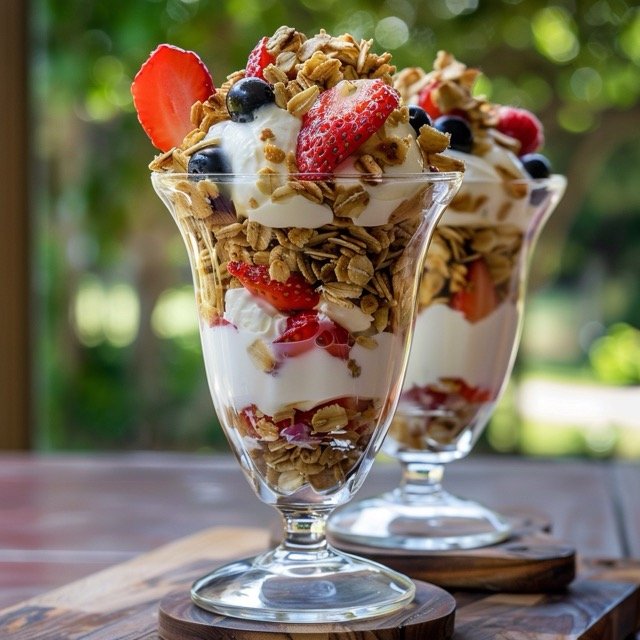
- Ingredients:
- 1 cup Greek yogurt (20g protein)
- 1/2 cup mixed berries (1g protein)
- 1/4 cup granola (4g protein)
- 1 tablespoon chia seeds (2g protein)
- Total Protein: 27 grams
Egg and Avocado Toast
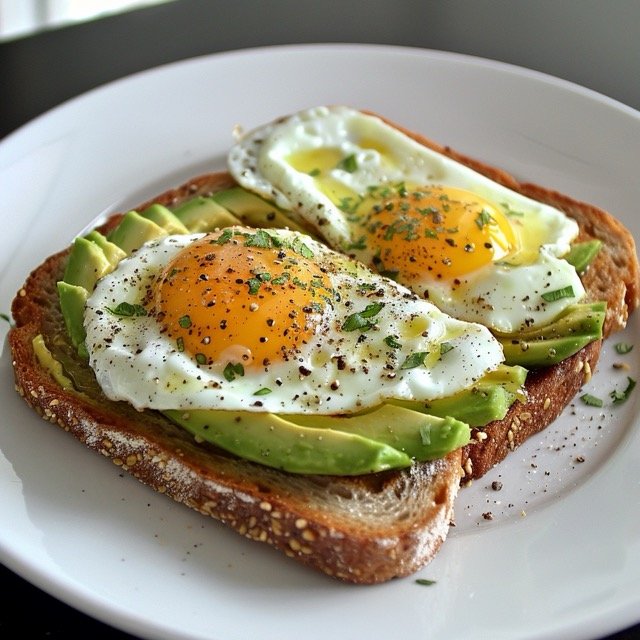
- Ingredients:
- 2 slices whole grain bread (8g protein)
- 2 eggs (12g protein)
- 1/2 avocado (2g protein)
- Total Protein: 22 grams
Lunch
Grilled Chicken Salad
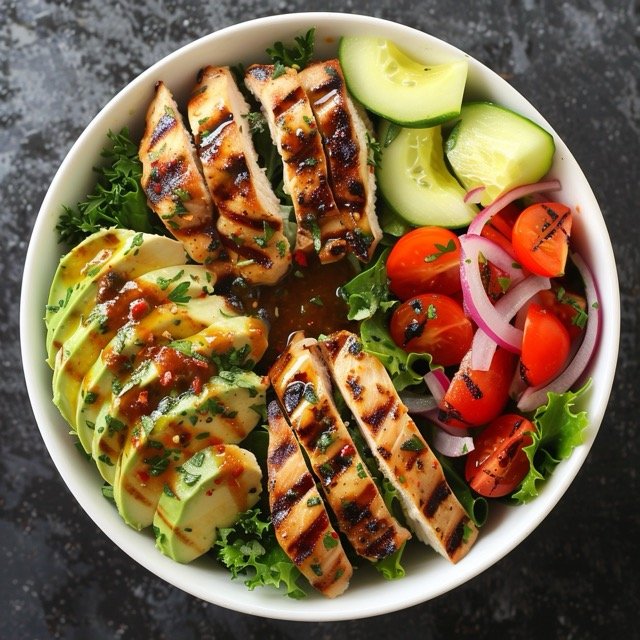
- Ingredients:
- 4 oz grilled chicken breast (35g protein)
- 2 cups mixed greens (2g protein)
- 1/2 cup cherry tomatoes (1g protein)
- 1/4 cup shredded carrots (0.5g protein)
- 2 tablespoons balsamic vinaigrette (0g protein)
- Total Protein: 38.5 grams
Quinoa and Black Bean Bowl
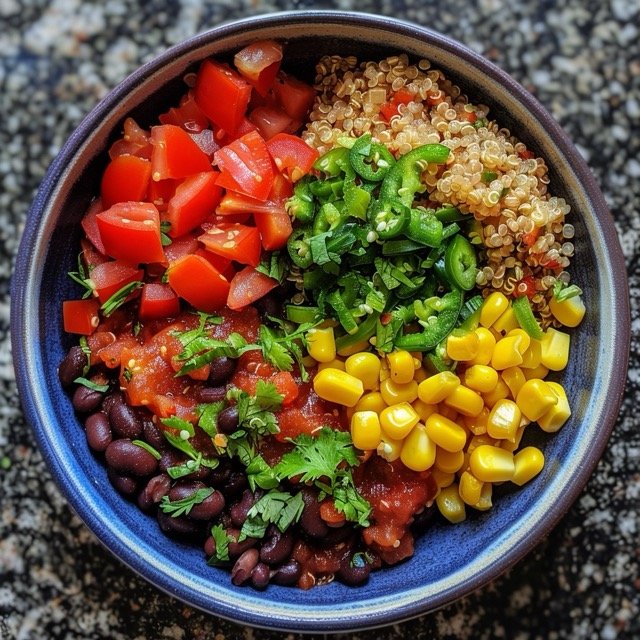
- Ingredients:
- 1 cup cooked quinoa (8g protein)
- 1/2 cup black beans (7g protein)
- 1/2 cup corn (2g protein)
- 1/4 cup diced bell peppers (0.5g protein)
- 1/4 cup salsa (1g protein)
- Total Protein: 18.5 grams
Dinner
Salmon with Steamed Vegetables
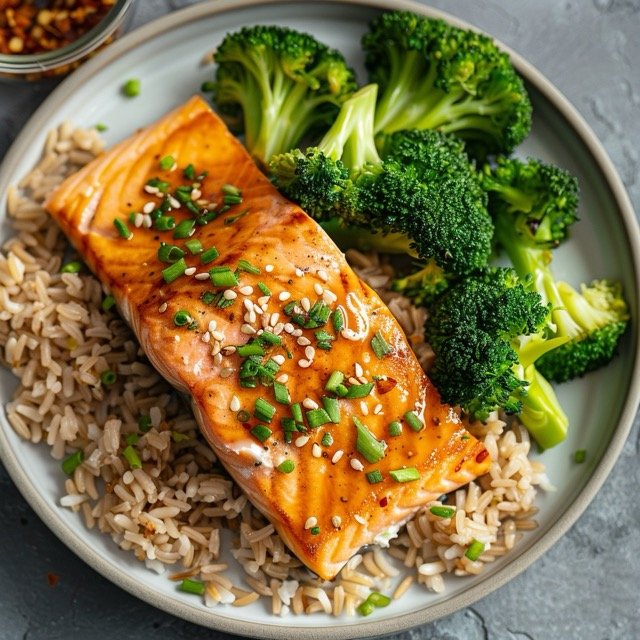
- Ingredients:
- 6 oz baked salmon (40g protein)
- 1 cup steamed broccoli (4g protein)
- 1/2 cup cooked brown rice (3g protein)
- Total Protein: 47 grams
Turkey Meatballs with Zucchini Noodles
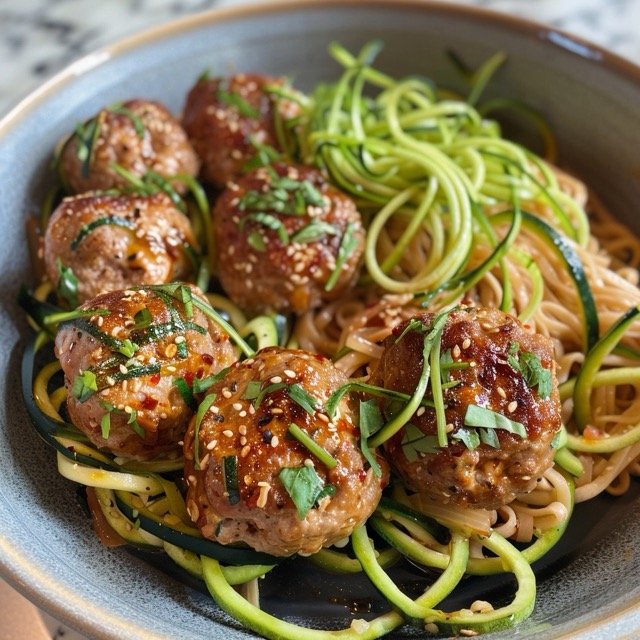
- Ingredients:
- 4 turkey meatballs (20g protein)
- 2 cups zucchini noodles (3g protein)
- 1/2 cup marinara sauce (2g protein)
- Total Protein: 25 grams
Snacks and Supplements
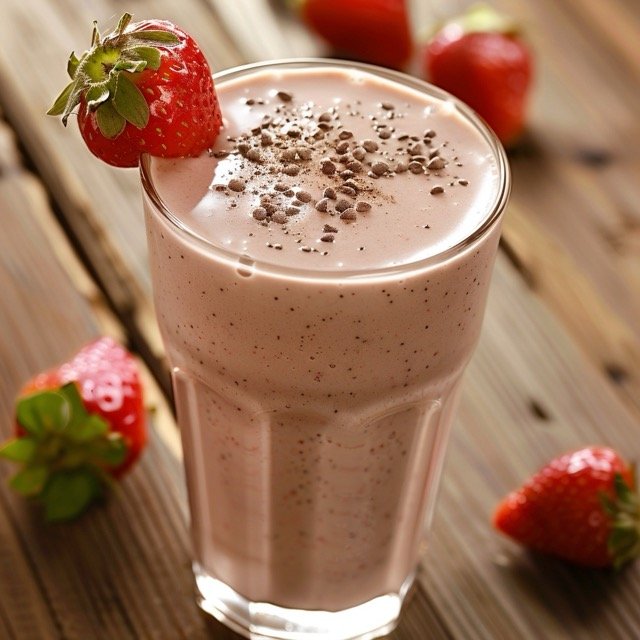
In addition to main meals, incorporating high-protein snacks can help meet your daily protein goals. Here are some snack ideas:
- Protein Shake: 1 scoop protein powder mixed with water or milk (20-25g protein)
- Cottage Cheese with Pineapple: 1/2 cup low-fat cottage cheese (14g protein) with pineapple chunks
- Hard-Boiled Eggs: 2 eggs (12g protein)
- Almonds: 1/4 cup (6g protein)
Case Studies and Statistics
Research supports the benefits of high-protein diets for various health outcomes. A study published in the American Journal of Clinical Nutrition found that higher protein intake was associated with improved body composition and reduced risk of obesity. Another study highlighted that individuals following a high-protein diet experienced greater satiety and weight loss than those on lower-protein diets.
Conclusion
A high-protein meal plan offers numerous health benefits, from muscle growth and maintenance to weight management and metabolic boost. By incorporating various protein-rich foods into your daily meals, you can ensure adequate protein intake and enjoy the positive effects on your overall health. Remember to balance your diet with other essential nutrients and consult with a healthcare provider or nutritionist for personalized advice.
For further reading, consider exploring articles on specific high-protein recipes or diving deeper into the science behind protein metabolism. Start your journey towards a healthier you with a high-protein meal plan today!
By following this guide, you’ll be well on your way to understanding and implementing a high-protein meal plan that supports your health and fitness goals. Embrace the power of protein and experience the transformative benefits it can bring to your life. FittBeat wants you to Change Your Health.
Sources:
- “Higher protein intake improves body composition and reduces risk of obesity,” National Library of Medicine, [https://www.ncbi.nlm.nih.gov/pmc/articles/PMC7539343/]
- “High-protein diets lead to greater satiety and weight loss,” Journal of Nutrition, [https://www.ncbi.nlm.nih.gov/pmc/articles/PMC4892287/pdf/nuv065.pdf]


